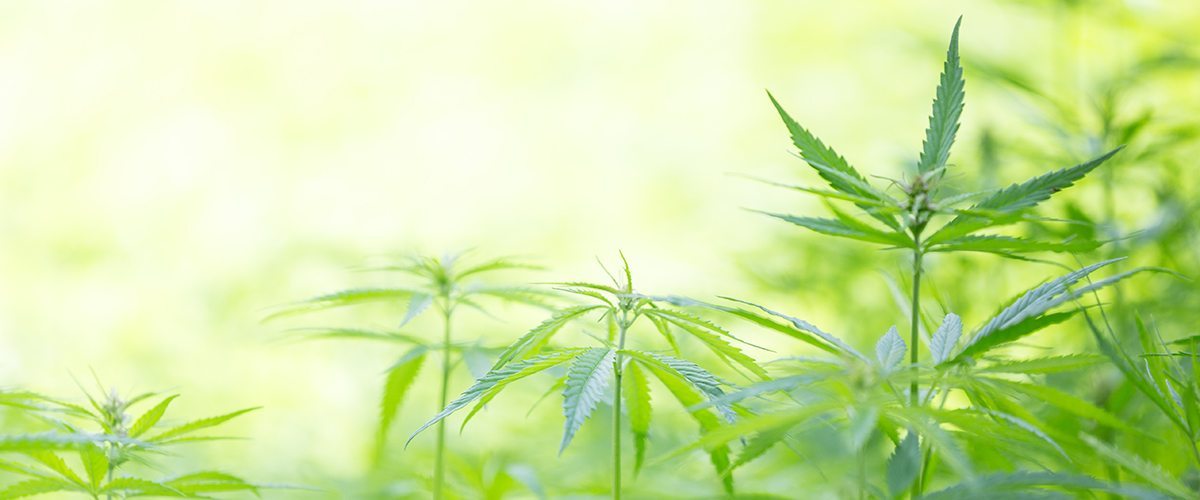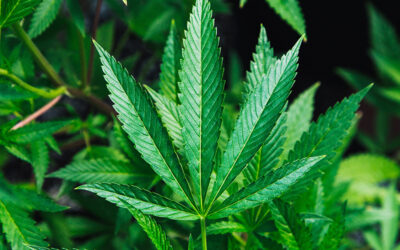In an ironic twist, the former Claremont Custody Center may soon house a cannabis oil manufacturing facility after approval by the Coalinga City Council.
Coalinga’s City Council recently held a vote on whether to allow cannabis cultivation and extraction at its abandoned Claremont Custody Center. Voting 4-1 in favor of the proposed cannabis facility, the city council’s decision drew both praise and criticism from community members in attendance.
Founded as a mining town and expanding during California’s petroleum rush, Coalinga’s has always relied on natural resources as the backbone of their economy. However, the domestic oil industry has slowed down in recent years with the drop in crude oil prices, so the city is keeping an open mind when considering new ways to ensure the town’s financial stability.
According to Ocean Grown Extracts, the company planning to lease the former jail, the council’s approval of the cannabis facility will add 55 new jobs to the town during its first year of business. When taken in comparison to the 40 jobs that exist at the Coalinga Oil Field, the legal cannabis industry seems to be the smart move for the city’s future, and although it doesn’t replace the 100 or so jobs that were lost when the Claremont Custody Center closed, the proposed cannabis facility goes a long way toward stabilizing Coalinga’s economy.
The old Claremont jail is optimally located off the 5 Freeway between Los Angeles and San Francisco in California’s central San Joaquin Valley and already comes with a number of security measures, like razor wire fences, video surveillance, and security checkpoints, making it the ideal venue for a large scale cannabis operation.
The 77,000 sq ft facility has been closed since 2011, after the California Department of Corrections decided against renewing their contract there. Since it closed, the former prison has cost the city millions of dollars in upkeep of the unused grounds and the unemployment payments of former workers. If Ocean Grown Extracts and the Coalinga city council can reach an agreement for use of the property, the facility could be generating revenue for the city within 9 months.
Although several in the community voiced concerns over the impact such a facility might have on public safety, Coalinga Chief of Police Michael Salvador seemed to assuade these fears, saying, “My mission is to keep the citizens safe, and I believe I can do that if the council moves forward with Ocean Grown.”
Ocean Grown Extracts will also work to ensure the safe cultivation and extraction of their cannabis by tracking all products from seed to plant to final product using a barcode system that protects against theft and loss of products that then might make it onto the black market. When their tracking system is combined with the stringent security features already on the property, the facility will be in the position to become the model for future cannabis installations.
At the recent meeting, the city council took additional steps to advance the cannabis industry in Coalinga when they also voted to add a ballot measure allowing medical marijuana dispensaries in town during the next election and approved taxes on any cannabis business activity conducted within the city. In total, these advancements in Coalinga’s marijuana policy could bring in more than $2 million in revenue from leasing, fees, and taxes each year.
The poignant symbolism of legal medical marijuana moving into a former jail has not been lost on the cannabis industry and its advocates. Filling jails with marijuana plants instead of non-violent drug offenders is a compassionate step towards creating a more fair and equitable justice system.






